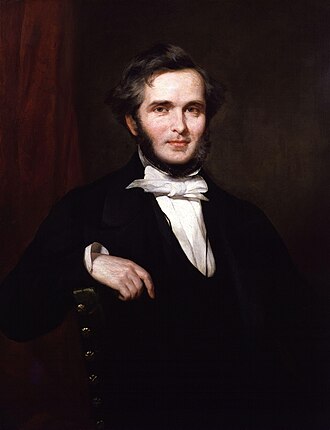Curwen Last Name Origin, History, and Meaning
Where did the surname Curwen come from? What does the surname Curwen mean? Discover the history and meaning of the last name Curwen and family migration on YourRoots Map.
Surname Curwen Origin: What does the last name Curwen mean?
The surname Curwen is of English origin, with records dating back to the early 12th century. It has been closely associated with England from the 14th to the 16th centuries. The name Curwen has remained prominent in the United Kingdom, with a significant volume of records bearing this surname by the 20th century.
YourRoots data confirms the presence of the Curwen surname in England since the early 12th century, showcasing its enduring legacy in the country. The surname's history reflects its strong ties to England and its continued prominence in the United Kingdom, highlighting its rich heritage and lasting impact on genealogy and family history.
Curwen Last Name History: Where did the last name Curwen come from?
Origin of Curwen Surname: Where does the last name Curwen originate from?
According to YourRoots data, the surname Curwen first appeared in records from England around the early 12th century. Please note that this reflects only YourRoots data for the exact Curwen spelling and does not include other record sources or surname variations.
History of the Last Name Curwen: What does the Curwen surname history look like in the early days?
The Curwen surname remained closely associated with England from the 14th to the 16th centuries.
Global Spread: Where can we find the Curwen surname today?
By the 20th century, the volume of records with the Curwen surname grew significantly in England. The Curwen surname remains prominent in the United Kingdom.
Explore Curwen last name heritage and Curwen surname origin based on YourRoots Map data
 VIEW THE ORIGIN OF SURNAME CURWEN
VIEW THE ORIGIN OF SURNAME CURWENFamous People With Curwen Surame?

John Curwen
John Curwen (Nov 14, 1816 – May 26, 1880) was an English Congregationalist minister known for popularizing the tonic sol-fa system of music education. Descended from the Curwens of Workington Hall, he founded the Tonic Sol-Fa Press and College, making music accessible to all. Curwen's system focused on sight-reading and pitch relationships, revolutionizing music education. His legacy lives on through his publications and the widespread adoption of his teaching methods.

Christopher Curwen
Sir Christopher Keith Curwen (9 Apr 1929 – 18 Dec 2013) was a British Intelligence officer known for his role as Head of the Secret Intelligence Service (MI6) from 1985 to 1989. Educated at Sherborne School and Sidney Sussex College, Cambridge, Curwen served in various locations such as Thailand, Laos, Washington D.C., and Geneva. His tenure was marked by successful operations, including the exfiltration of British agent Oleg Gordievsky from Moscow. Described as possessing a "romantic patriotism," Curwen's legacy in intelligence and security is remembered in the annals of British history.

Hugh Curwen
Hugh Curwen (c.‚Äâ1500 - 1 Nov 1568) was an English ecclesiastic and statesman, serving as Archbishop of Dublin and Lord Chancellor of Ireland. He was also Bishop of Oxford. Born in Bampton, Westmorland, he was educated at Brasenose College, Oxford. Curwen was a key figure during the English Reformation and the Catholic restoration under Mary I. Despite facing accusations of 'moral delinquency,' he played a significant role in religious and political affairs in Ireland. Curwen's health declined in his later years, leading to his resignation and eventual death in Swinbrook. His legacy is remembered in the history of the Church of England and the Diocese of Dublin.

David Curwen
David C. Curwen (30 Nov 1913 – 26 May 2011) was an English miniature railway steam locomotive mechanical engineer. He built iconic locomotives like William Bell and Robin Hood, leaving a lasting legacy in the railway industry. Curwen's autobiography, "Rule of Thumb," and the review "The Miniature Locomotives of David Curwen" by Dave Holdroyd showcase his remarkable work. His passion for engineering and dedication to preserving railway history continue to inspire enthusiasts worldwide.

Thomas Curwen
Thomas Curwen (1415–1486/1487) was a 15th-century sheriff of Cumberland. He held various offices in the region, including elector of the county and escheator. Knighted in 1449, Curwen supported Henry Percy, 2nd Earl of Northumberland during the Percy–Neville feud. Despite this, he reconciled with the Yorkist Edward IV when he took the throne in 1461. Curwen continued to serve under Richard III in Cumberland until his passing, noted as an elderly man by parliamentary historian Josiah Wedgwood.
All images displayed on this page are sourced from Wikipedia or Wikimedia Commons.We use these images under their respective Creative Commons or public domain licenses. Wherever applicable, author attributions and license information are provided. If you believe an image is used incorrectly or outside its license terms, please contact us so that we can review and correct the issue.




.png)